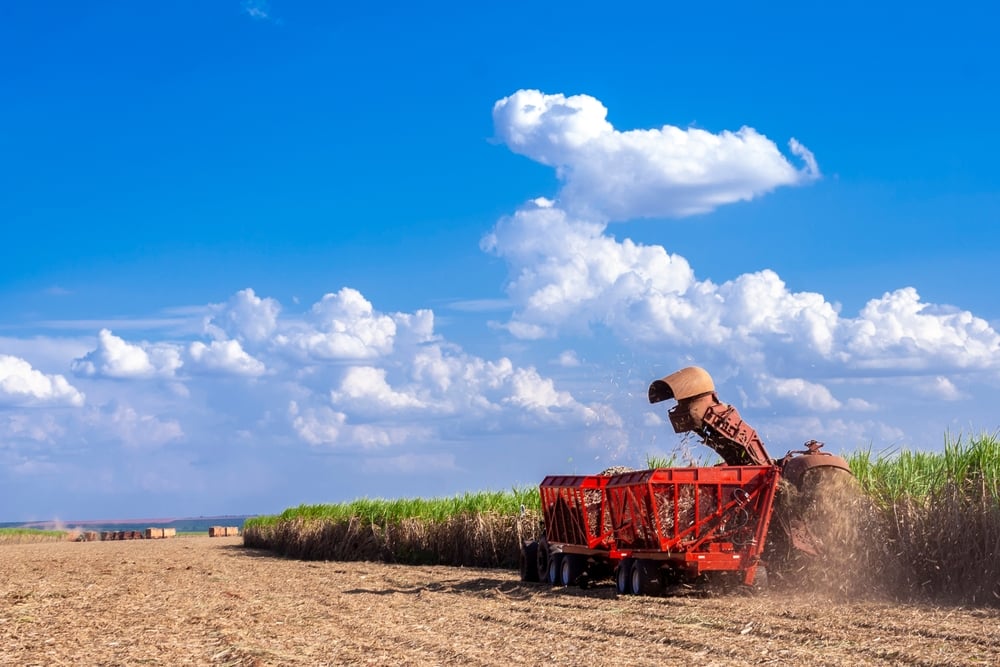😓 Approval slip
New poll creates another political hurdle for budget cuts. Drought reduces Brazil’s open water. Brazil’s alarming homicide clearance rates


Nov 13, 2024
•
10 min read
You’re missing out on the full story
Get smarter on Brazil and Latin America
Enjoy 7-day free trial now!The full picture. The sharpest takes. All in your inbox, every day:
- 🏆 Award-winning journalism, trusted worldwide
- 📊 Exclusive charts and analyses
- 🗃️ Archive access
- 💬 Commenting







